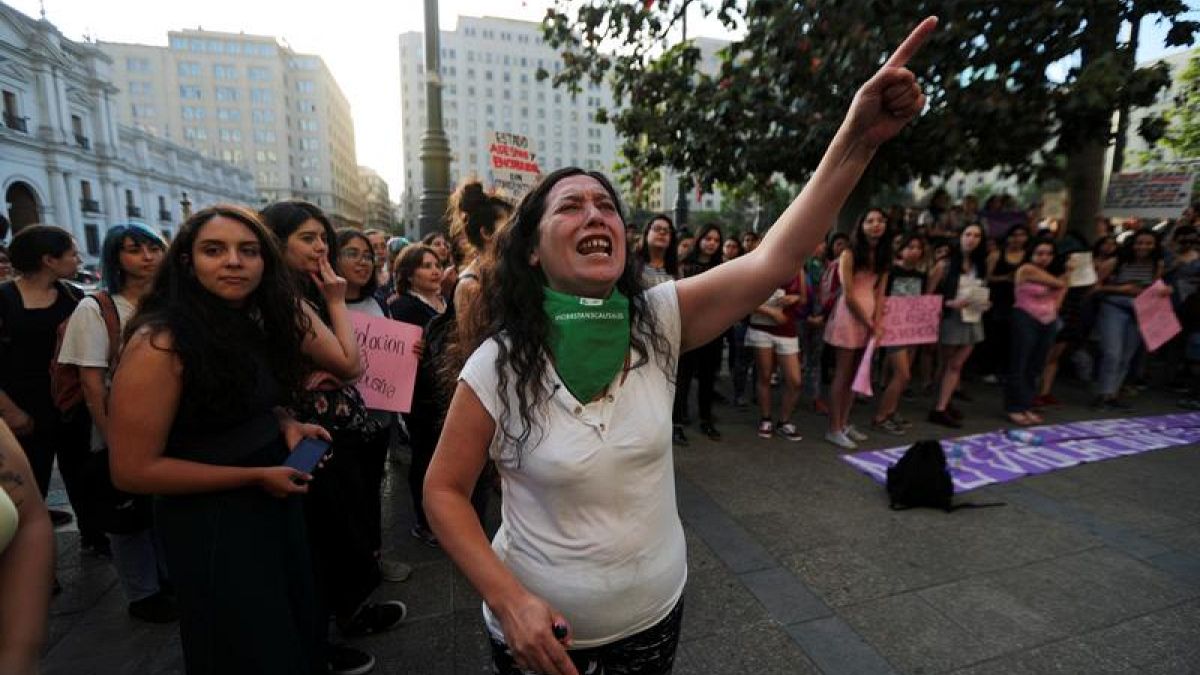Denmark, France, Latvia, Luxembourg and Sweden were the only countries which scored 100 in the World Bank index, meaning they gave women and men equal legal rights.
Only six countries in the world give women and men equal rights under the law, according to a new report from the World Bank.
Business and the Law 2019: A Decade of Reform looks at gender discrimination across 187 countries and how it has evolved in the past decade.
"From a 25-year-old getting her first job or a mother balancing work with caring for her children, to a woman on the brink of retirement, the index explores how the economic decisions women make are affected by the law," the report said.
The criteria analysed in the index thus included 'going places', 'starting a job', 'having children', 'running a business' and 'getting a pension', among others.
The report hailed 'great progress' over the past 10 years. "In 131 economies there have been 274 reforms to laws and regulations, leading to an increase in gender equality," the World Bank said.
But not all countries are reforming at the same pace.
Denmark, France, Latvia, Luxembourg, Belgium and Sweden top the ranking
On average worldwide, women enjoy only three-fourths the legal rights of men, the World Bank found.
In the Middle East and North Africa, women were given less than half the legal rights of men.
Denmark, France, Latvia, Luxembourg, Belgium and Sweden were the only countries which scored 100 in the index, meaning they gave women and men equal legal rights in the measured areas.
"France had the biggest improvement among the top performers," the World Bank said, thanks to new legislation on domestic violence, sexual harassment and paid parental leave.
Equality beyond the law
As many Western countries - including the index's top 6 - are still grappling with the repercussions of the #Metoo movement, the idea that full gender equality has been achieved anywhere might seem surprising.
"Achieving gender equality requires more than just changes to laws," the World Bank acknowledged.
"The laws need to be meaningfully implemented - and this requires sustained political will, leadership from women and men across societies, and changes to ingrained cultural norms and attitudes," the report said.
